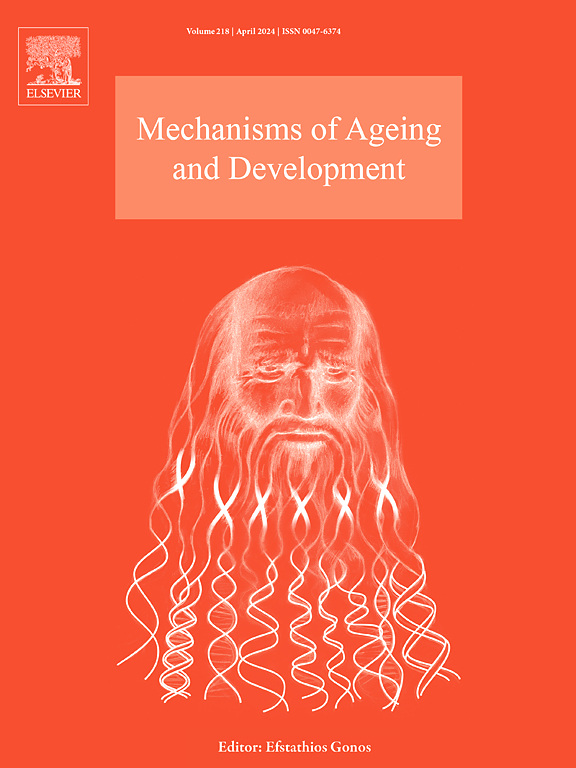Exosomal dynamics: Bridging the gap between cellular senescence and cancer therapy
IF 5.1
3区 医学
Q2 CELL BIOLOGY
引用次数: 0
Abstract
Cancer remains one of the most devastating diseases, severely affecting public health and contributing to economic instability. Researchers worldwide are dedicated to developing effective therapeutics to target cancer cells. One promising strategy involves inducing cellular senescence, a complex state in which cells exit the cell cycle. Senescence has profound effects on both physiological and pathological processes, influencing cellular systems through secreted factors that affect surrounding and distant cells. Among these factors are exosomes, small extracellular vesicles that play crucial roles in cellular communication, development, and defense, and can contribute to pathological conditions. Recently, there has been increasing interest in engineering exosomes as precise drug delivery vehicles, capable of targeting specific cells or intracellular components. Studies have emphasized the significant role of exosomes from senescent cells in cancer progression and therapy. Notably, chemotherapeutic agents can alter the tumor microenvironment, induce senescence, and trigger immune responses through exosome-mediated cargo transfer. This review explores the intricate relationship between cellular senescence, exosomes, and cancer, examining how different therapeutics can eliminate cancer cells or promote drug resistance. It also investigates the molecular mechanisms and signaling pathways driving these processes, highlighting current challenges and proposing future perspectives to uncover new therapeutic strategies for cancer treatment.
外泌体动力学:弥合细胞衰老和癌症治疗之间的差距。
癌症仍然是最具破坏性的疾病之一,严重影响公众健康并造成经济不稳定。全世界的研究人员都致力于开发针对癌细胞的有效治疗方法。一个有希望的策略包括诱导细胞衰老,这是细胞退出细胞周期的一种复杂状态。衰老对生理和病理过程都有深远的影响,通过影响周围和远处细胞的分泌因子影响细胞系统。在这些因子中,外泌体是细胞外的小囊泡,在细胞通讯、发育和防御中起着至关重要的作用,并可能导致病理状况。最近,人们对工程外泌体作为精确的药物递送载体越来越感兴趣,能够靶向特定细胞或细胞内成分。研究强调了衰老细胞外泌体在癌症进展和治疗中的重要作用。例如,化疗药物可以改变肿瘤微环境,诱导衰老,并通过外泌体介导的货物转移触发免疫反应。这篇综述探讨了细胞衰老、外泌体和癌症之间的复杂关系,研究了不同的治疗方法如何消除癌细胞或促进耐药性。它还研究了驱动这些过程的分子机制和信号通路,强调了当前的挑战,并提出了未来的观点,以发现新的癌症治疗策略。
本文章由计算机程序翻译,如有差异,请以英文原文为准。
求助全文
约1分钟内获得全文
求助全文
来源期刊
CiteScore
11.10
自引率
1.90%
发文量
79
审稿时长
32 days
期刊介绍:
Mechanisms of Ageing and Development is a multidisciplinary journal aimed at revealing the molecular, biochemical and biological mechanisms that underlie the processes of aging and development in various species as well as of age-associated diseases. Emphasis is placed on investigations that delineate the contribution of macromolecular damage and cytotoxicity, genetic programs, epigenetics and genetic instability, mitochondrial function, alterations of metabolism and innovative anti-aging approaches. For all of the mentioned studies it is necessary to address the underlying mechanisms.
Mechanisms of Ageing and Development publishes original research, review and mini-review articles. The journal also publishes Special Issues that focus on emerging research areas. Special issues may include all types of articles following peered review. Proposals should be sent directly to the Editor-in-Chief.

 求助内容:
求助内容: 应助结果提醒方式:
应助结果提醒方式:


